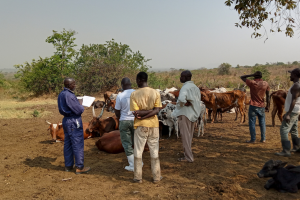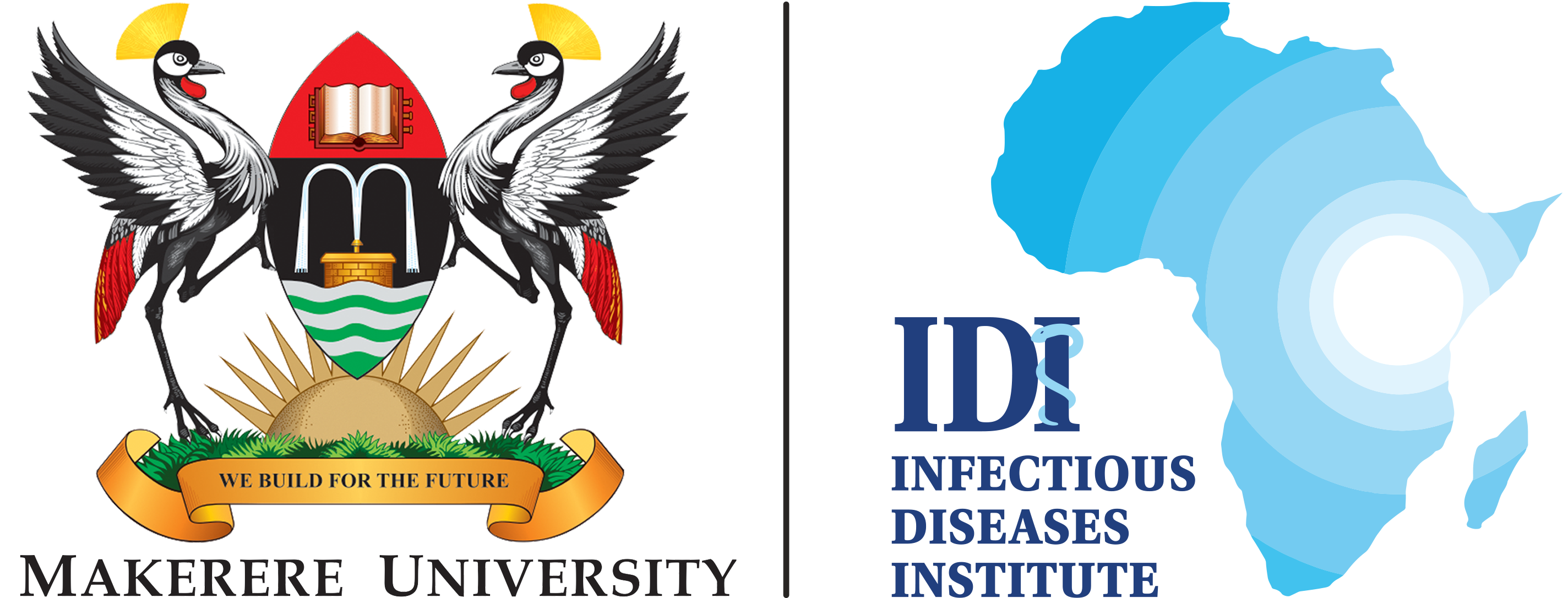- Associated Links
-
-
Our united network of partners and institutions share a vision for excellence, innovation, and impact. Together, we harness our combined strengths to create meaningful change.
-
-
-
- Careers
-
-
Our people are our greatest asset. We foster a thriving environment where everyone can flourish and make a difference. Join us in driving innovation and positive change through fulfilling career opportunities.
-
-

Zoonotic diseases are infections that are transmitted from animals to humans and have posed a significant threat to public health across the globe. In Uganda’s West Nile region, the battle against these diseases has been met with determination and innovation. One of the key areas of the laboratory pillar in the fight against zoonotic diseases has been the establishment of robust laboratory systems that play a crucial role in early detection and prevention of epidemic prone diseases.
With funding from CDC, the laboratory team under the One Health project has supported the set-up of robust systems in the West Nile Region with an aim to strengthen laboratory operations across human, animal, and environment health networks by integrating specimen transportation networks, enabling early confirmation of transboundary and priority zoonotic diseases.
Project team assessed animal and environment laboratories’ capacity, trained veterinary, wild life and environment staff, and developed sample management tools including Manuals, Standard Operating Procedures and more. They also piloted the integrated hub system in the hard to reach sub-counties of Rigbo and Rhino camp in Madi-Okollo district and supported animal and environmental health teams to refer sample using hub system.
Between April 2023 and June 2023, 24 alerts received from community and animal farms, the project laboratory team, through the Regional Emergency Operation Centre, supported the district veterinary department to verify and investigate the alerts.
 750 samples were collected, safely packaged and transported to National Animal Disease Diagnostics and Epidemiology center (NADDEC) reference laboratory for testing using the national integrated hub system.
750 samples were collected, safely packaged and transported to National Animal Disease Diagnostics and Epidemiology center (NADDEC) reference laboratory for testing using the national integrated hub system.
Out of the tested samples, 15.3% tested positive for five of Uganda’s priority zoonotic diseases, including Rift Valley fever, anthrax, rabies, trypanosomiasis, and Brucellosis. Additionally, 12% tested positive for three transboundary animal diseases, including foot and mouth disease, Peste des petits ruminants, and Contagious bovine pleuropneumonia.
These findings emphasized the pivotal role of a strong national public health laboratory network in supporting real-time detection and rapid response to zoonotic diseases. Thanks to the support of CDC through the Strengthening Partnerships for Preparedness and Response in Uganda Project, the West Nile region is supported to strengthen its ability to avert the wild spread of zoonotic infectious diseases, safeguarding both animal and human populations.

